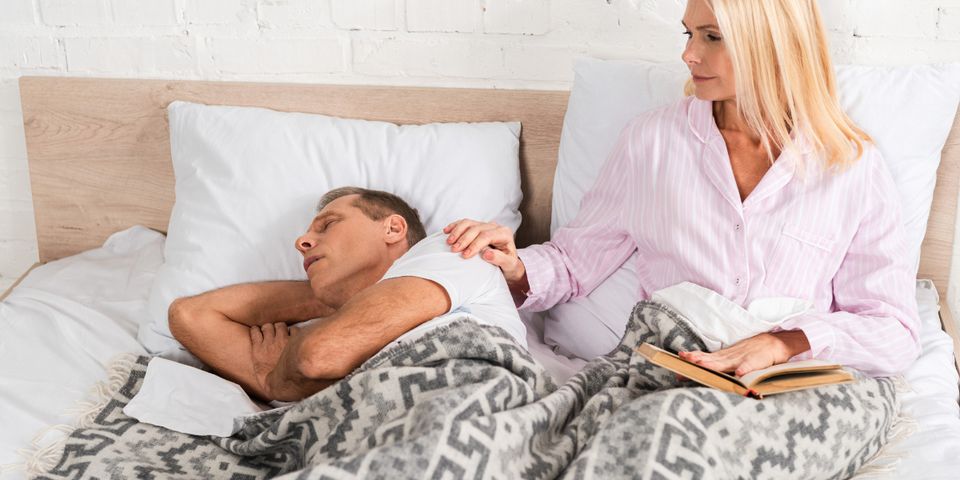A Brief Guide to Sleep Apnea

Getting a good night's rest is crucial for health and wellness. Unfortunately, when you experience sleep apnea, both the amount of sleep you receive and your sleep quality will be impacted. This disorder causes breathing to stop during the night, which rouses you awake repeatedly. A dentist may be able to offer treatment, but the first step is to understand just how sleep apnea works.
Causes
There are two primary types of sleep apnea. The obstructive form is caused by relaxed airway muscles, which prevent the lungs from pulling in air while you're asleep. It can result from being overweight or obese, as added weight can cause the airways to compress. It can also be caused by abnormalities within oral structures, such as a smaller jaw or an extended soft palate.
Central sleep apnea involves problems between the brain and the muscles used for breathing. When signals between the two are disrupted, your body will "forget" to breathe during the night. This is much rarer than airway obstruction and is often linked to another health condition, such as stroke or heart disease. You may also experience mixed sleep apnea, which is when both conditions occur concurrently.
Signs & Symptoms

The most common sign of sleep disorders is snoring, which is often identified by partners of people afflicted. You may also choke and gasp in your sleep as you fight to pull in air. Headaches, sore throat, and oral dryness are common upon waking, and you may feel tired and sluggish during the day when your sleep is being interrupted at night.
Both obstructive and central sleep apnea share the above signs and symptoms. However, snoring is less likely with central disorders since the airway isn't actually obstructed.
Treatment Options
With obstructive sleep apnea, lifestyle changes can often reduce symptoms. This includes a healthy diet and exercise regimen to maintain your weight.
Continuous positive airway pressure (CPAP) machines are also used to treat both central and obstructive forms. These devices manually deliver air into the lungs while you sleep via a hose and mask.
Additionally, your dentist can fit you for a special dental appliance to open up the airways during the night. These appliances help reposition structures in the mouth and jaw to ensure a steady air flow into the lungs. Appliances must be custom-designed to your unique physiology for the best results.
When you experience sleep apnea symptoms, schedule an appointment with an experienced dentist right away. Among the many other treatments offered, Augusto S. Fojas, DDS, also provides effective options for this sleep disorder. Dr. Fojas will perform a comprehensive exam and review your symptoms before developing a customized oral appliance for improved sleep and comfort. Learn more about their many treatment options online, or call (614) 882-0275 to schedule an appointment with a dentist in Westerville, OH.
About the Business
Have a question? Ask the experts!
Send your question

